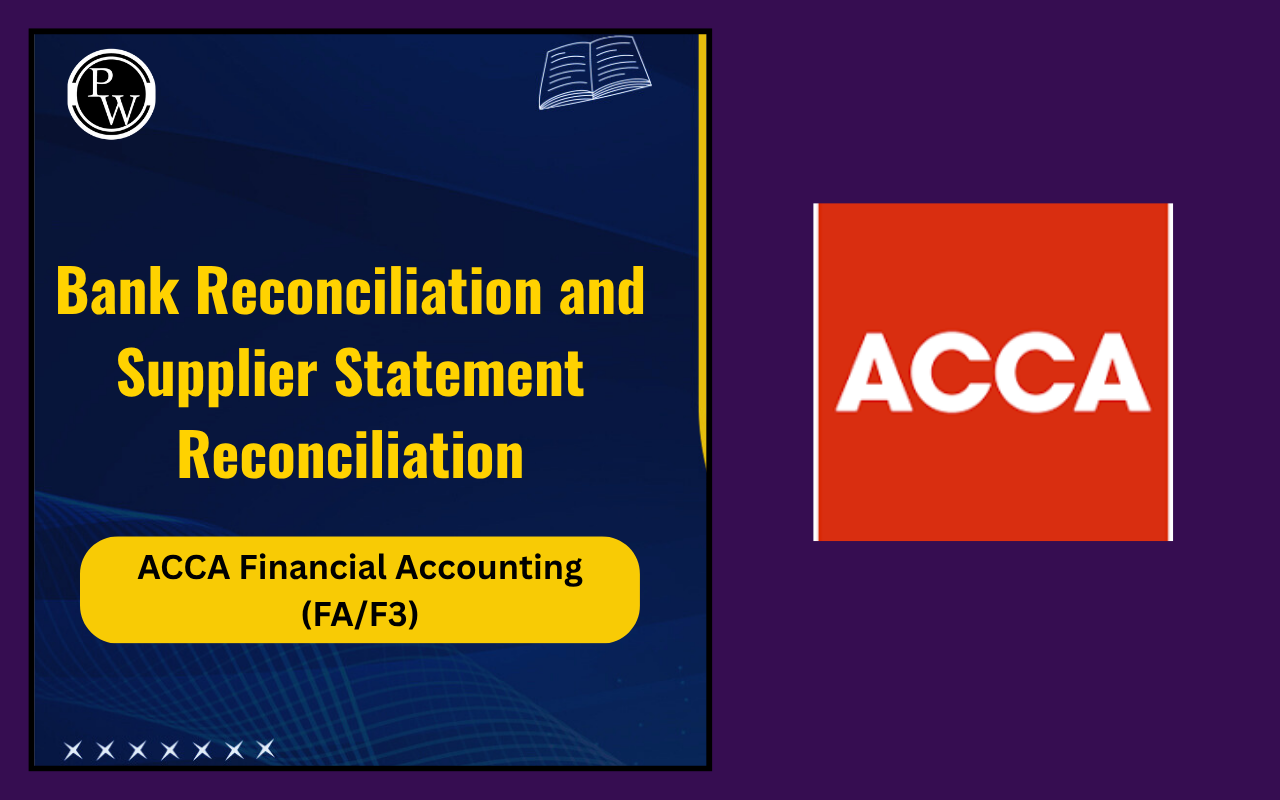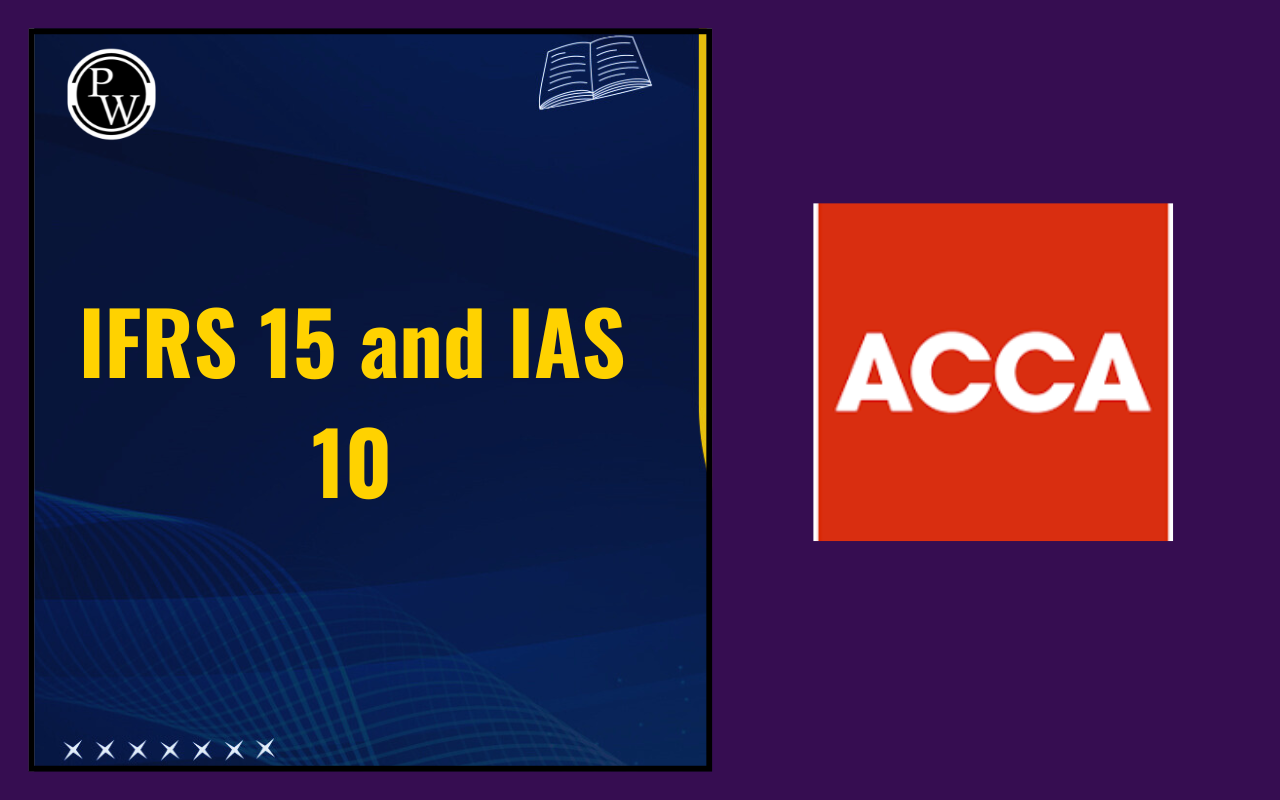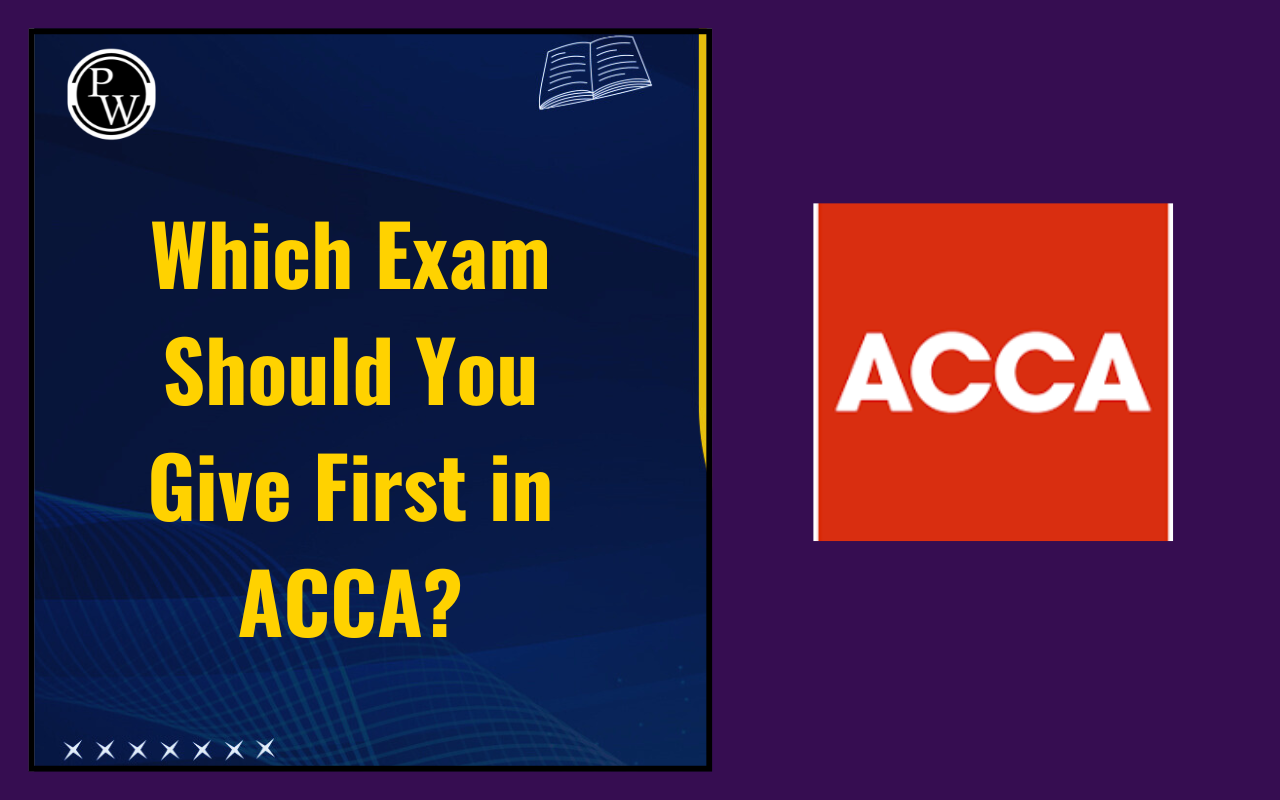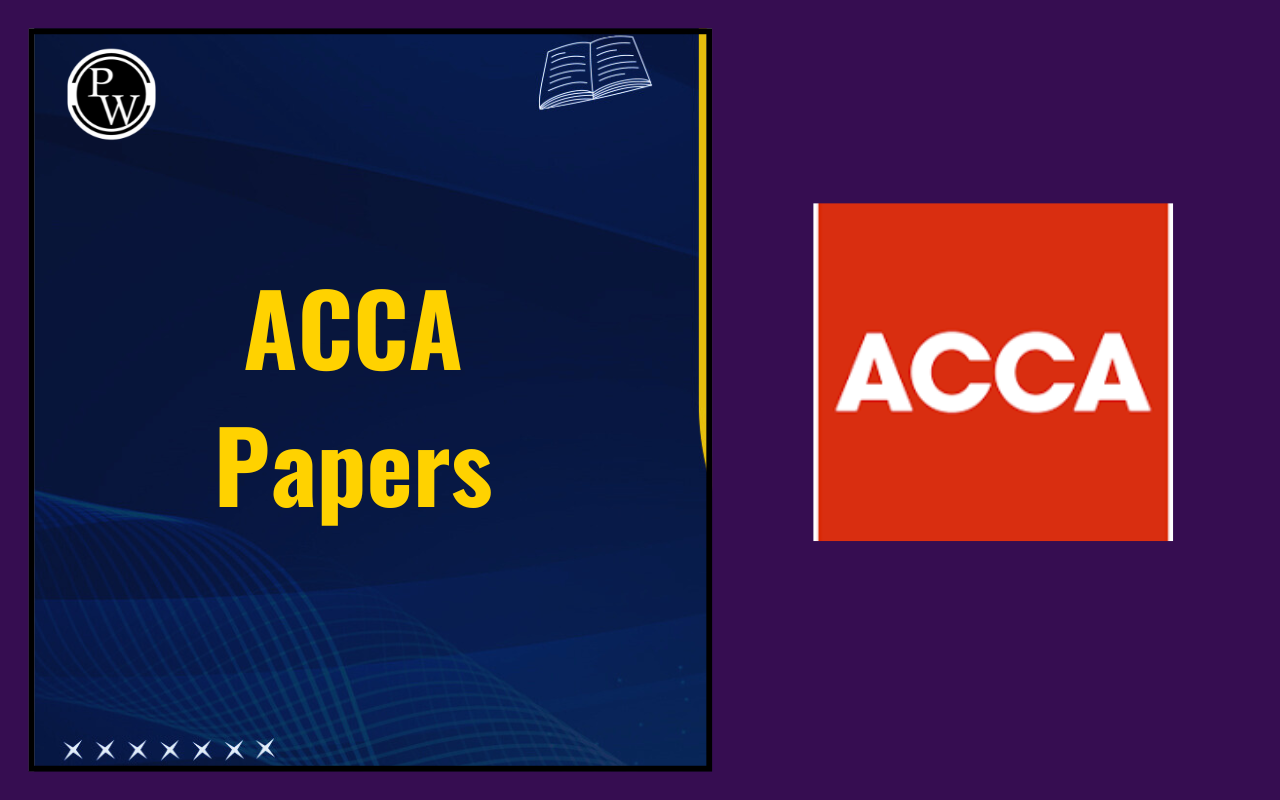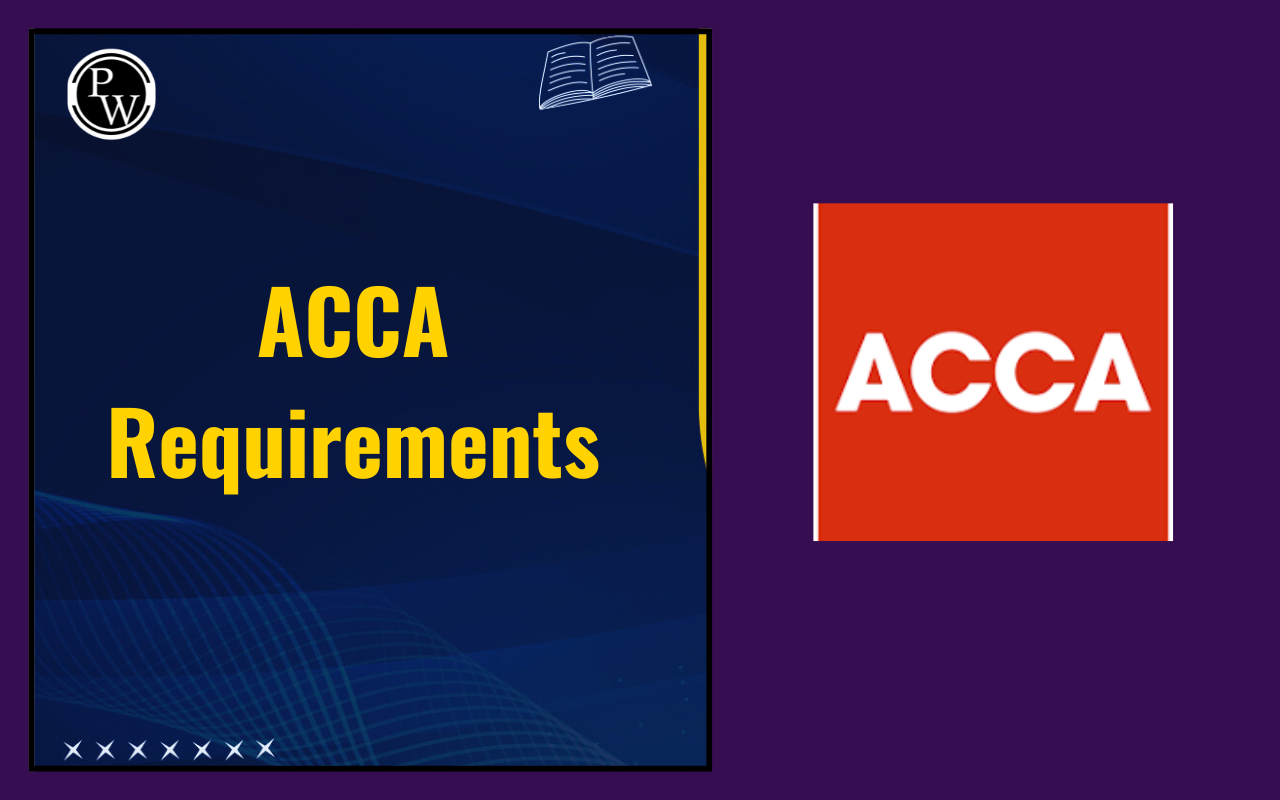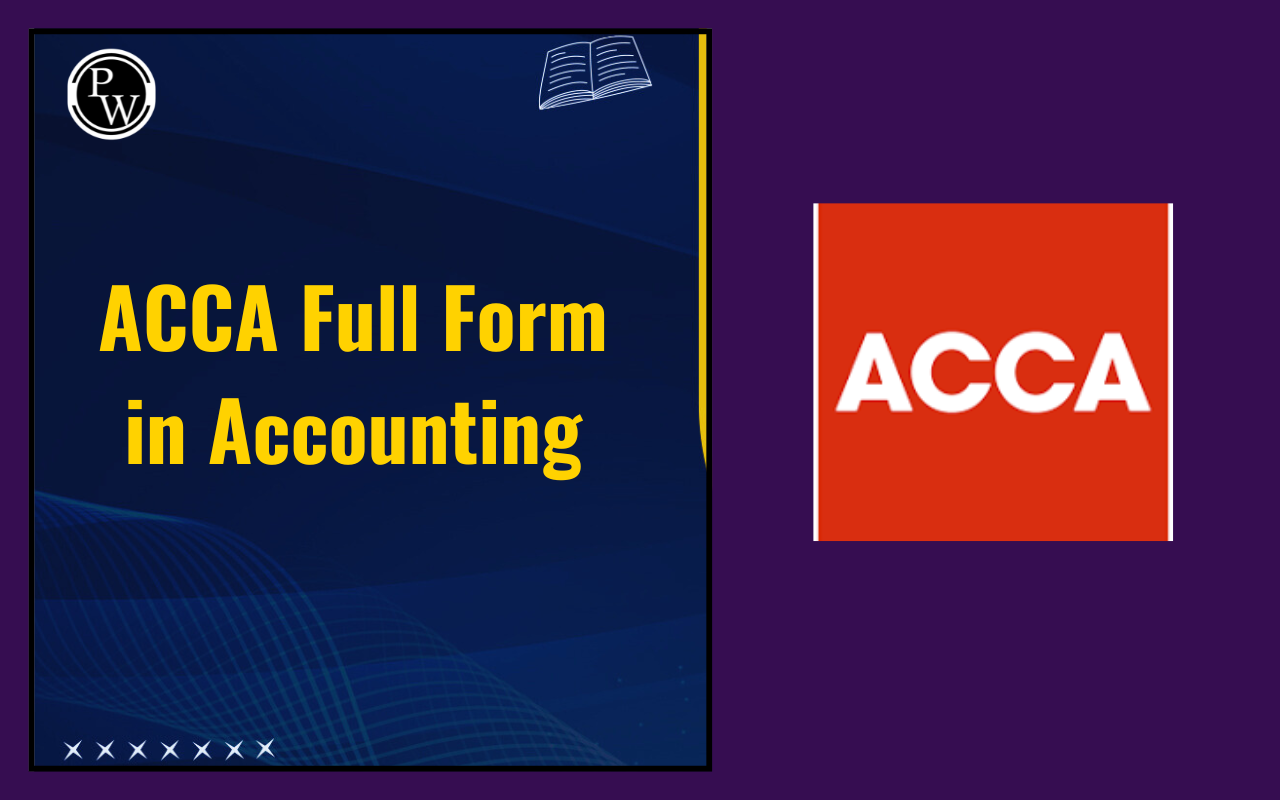

ACCA theory-based papers demand structured, well-articulated responses that reflect analytical thinking and clarity. Many students struggle with expressing their knowledge effectively, often losing marks due to weak writing skills rather than a lack of understanding.
Developing strong Writing Skills for ACCA Theory Papers not only helps in exams but also prepares students for their professional journey, where communication is key. Check practical insights into enhancing these skills, ensuring that you can craft precise, professional, and well-structured answers that align with ACCA’s marking expectations.
Importance of Writing Skills for ACCA Theory Papers
Understanding the importance of Writing Skills for ACCA Theory Papers is the first step in improving them. The ACCA exams are designed to assess not just your technical knowledge but also your ability to present information logically and concisely. Even if you know the concepts, poor articulation can lead to unnecessary mark deductions.
Strong writing skills help in:
-
Effective Communication: ACCA examiners appreciate clarity and coherence in answers. Well-structured responses ensure that your points are easily understood.
-
Demonstrating Professionalism: ACCA aims to create finance professionals who can write structured reports and business communications. Good writing skills reflect a professional approach.
-
Maximizing Marks: Many students lose marks due to vague or unstructured answers. Improving writing skills ensures that your responses are clear, concise, and complete.
-
Reducing Exam Stress: When you are confident in your ability to express your thoughts effectively, you can manage time better and answer questions without unnecessary panic.
Strategies to Improve Writing Skills for ACCA Theory Papers
Improving your Writing Skills for ACCA Theory Papers requires a combination of practice, strategy, and understanding examiner expectations. Below are key approaches to help you develop clear, structured, and high-quality answers.
Understanding the ACCA Examiner’s Expectations
One of the most effective ways to improve your Writing Skills for ACCA Theory Papers is to understand what the examiners expect. ACCA examiners provide feedback on common mistakes students make, such as lack of clarity, failure to apply knowledge to scenarios, and excessive wordiness. By studying examiner reports, you can identify patterns and avoid common pitfalls.
Practicing Structured Writing
ACCA papers require well-structured answers. Instead of writing in a haphazard manner, ensure that your responses follow a logical flow. Start with an introduction, provide analysis, and conclude with a clear summary. This helps examiners follow your thought process and award marks accordingly.
Developing Analytical Thinking
To improve Writing Skills for ACCA Theory Papers, focus on developing analytical skills. Instead of merely stating facts, explain their relevance. Use examples to demonstrate your understanding. ACCA exams test application, so merely memorizing theories won’t be enough.
Enhancing Time Management
Time constraints can lead to rushed answers that lack clarity. Practicing under exam conditions helps improve your ability to think and write quickly. Set timers while answering past paper questions to build speed without compromising quality.
Expanding Vocabulary and Technical Terminology
Using appropriate financial and business terminology is crucial for ACCA theory papers. Reading technical articles, ACCA-approved study materials, and examiner feedback reports can help you familiarize yourself with the right vocabulary. However, avoid jargon overload; clarity is always key.
Improving Grammar and Sentence Structure
Poor grammar can make even the best arguments ineffective. Work on constructing grammatically sound sentences. Short, precise sentences often work better than long, complex ones. Reading professional articles and financial reports can help refine your sentence structure and writing style.
Reviewing and Self-Editing
Never submit an answer without reviewing it. Self-editing helps eliminate redundant words, clarify vague points, and ensure grammatical correctness. If time allows, always read through your answers before submission.
Also Check: How to Create a 90-Day Study Plan for ACCA Exams?
Common Mistakes to Avoid in ACCA Theory Papers
Even the most well-prepared students can lose marks due to avoidable mistakes in their Writing Skills for ACCA Theory Papers. Understanding these common errors can help you refine your writing and improve your exam performance.
-
Lack of Structure: Answers that lack a clear introduction, analysis, and conclusion can be difficult for examiners to follow. Ensure your responses are well-organized.
-
Excessive Wordiness: Writing too much without adding value can waste time and dilute your key points. Focus on being concise and precise.
-
Failure to Apply Concepts: Merely stating theoretical knowledge without applying it to the given scenario will result in lost marks. Always connect your answers to practical applications.
-
Poor Grammar and Spelling: Mistakes in grammar and spelling can make your answer unclear. Proofread your responses to avoid errors.
-
Not Answering the Question: Many students write everything they know instead of directly addressing the question asked. Always stay focused on the specific requirements of each question.
| Also Check: |
| Steps to Become an ACCA |
| Last-Minute Tips for ACCA Exam Success |
| How to Clear ACCA Exams on the First Attempt? |
| How to Manage Time During ACCA Exam? |
FAQs
Why are writing skills important for ACCA theory papers?
How can I improve the structure of my ACCA answers?
Does using technical terminology improve my ACCA answers?
How can I manage time effectively while writing ACCA theory papers?


